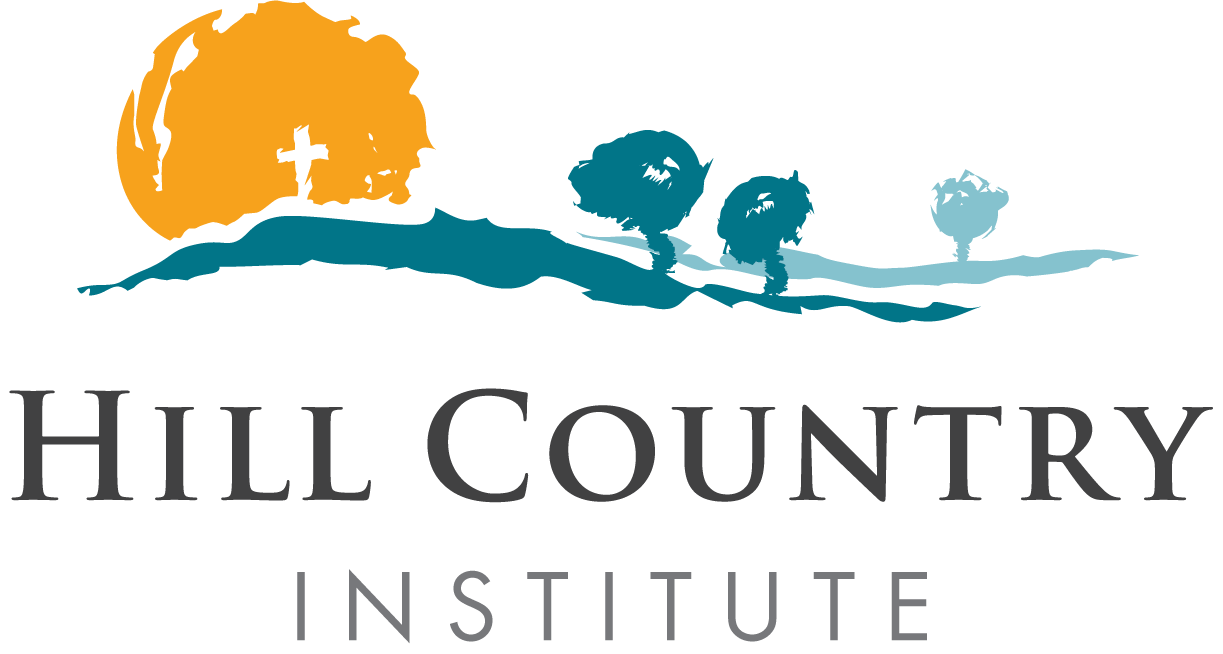What is the anatomy of an artist? What is their peculiar nature? What do artists need to be healthy, mature persons? What do artists need but don’t immediately realize they need? How can we provide spiritual formation as well as community and opportunities for expression for the artists in our care?
Our desire here is to help pastors understand the way God has created artists. Artists don’t need to be idolized or marginalized—often the two primary ways our culture treats them—they need to be loved with understanding, appreciated for the often non-useful, non-marketable but glory-bearing work they create, and invited into the gracious lordship of Christ and the protective, generous care of His Body, the Church.
Our desire, more fully then, is to help pastors understand artists so they can shepherd them well, with skill and wisdom, with love and joy, whether the artists are serving the liturgy or the community or the culture at large or perhaps just needing to sit in the pew and be loved for who they are, not for what they can do.
Read More










